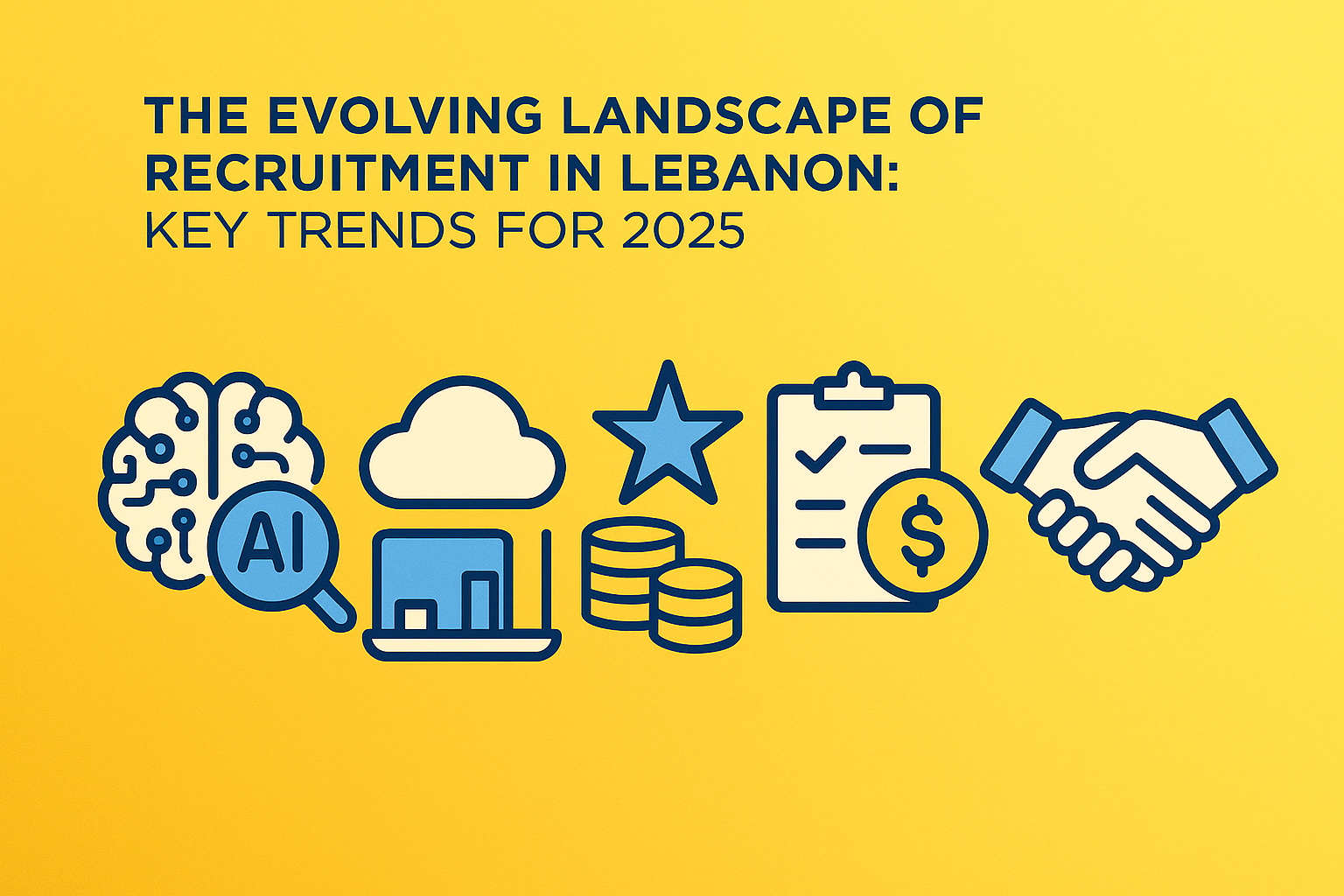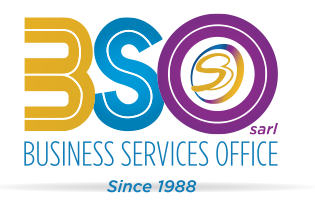
The Evolving Landscape of Recruitment in Lebanon: Key Trends for 2025
Lebanon’s recruitment market is undergoing rapid transformation. From AI-powered screening tools to more flexible work models, employers and job-seekers alike are having to adapt. In this post, we’ll explore the top five trends shaping talent acquisition in Lebanon today—and what they mean for your organization. 1. AI and Automation in Screening
Introduction
Lebanon’s recruitment market is undergoing rapid transformation. From AI-powered screening tools to more flexible work models, employers and job-seekers alike are having to adapt. In this post, we’ll explore the top five trends shaping talent acquisition in Lebanon today—and what they mean for your organization.
1. AI and Automation in Screening
- What’s happening: More Lebanese firms are deploying AI to sift through resumes, flagging the best matches in seconds.
- Why it matters: Saves recruiters up to 70% of manual filtering time and reduces unconscious bias when properly calibrated.
- Tip: Pilot an AI recruiter tool on one department first, track accuracy vs. manual hires, then scale up.
2. Remote and Hybrid Work Models
- What’s happening: Post-pandemic, nearly 4 in 10 Lebanese companies now offer hybrid schedules.
- Why it matters: Access to a wider talent pool—both within Lebanon and among Lebanese diaspora.
- Tip: Clearly define which roles can be fully remote vs. hybrid, and invest in digital collaboration tools (Zoom, Slack, MS Teams).
3. Employer Branding & Candidate Experience
- What’s happening: With unemployment still high, top talent can pick and choose—your online reputation matters.
- Why it matters: Companies with strong Glassdoor/Kalijiye reviews see 50% more qualified applications.
- Tip: Publish employee testimonials, showcase community impact, and streamline your application process (e.g., one-click apply).
4. Skills-Based Hiring Over Credentials
- What’s happening: Recruiters are placing more weight on demonstrable skills—portfolios, coding tests, case studies—than on university pedigree alone.
- Why it matters: Taps into under-utilized pools of talent who learned on the job or via online courses.
- Tip: Create standardized skills assessments for key roles (e.g. Excel test for finance, code challenge for developers).
5. Focus on Soft Skills & Cultural Fit
- What’s happening: Emotional intelligence, adaptability, and cross-cultural communication are climbing your priority list.
- Why it matters: Lebanese workplaces are diverse by necessity; teams that collaborate smoothly outperform siloed peers.
- Tip: Incorporate behavioral interview questions—“Tell me about a time you managed conflict on a team”—to gauge fit.
Conclusion & Next Steps
As the Lebanese market evolves, staying ahead means embracing technology, refining your employer brand, and rethinking what “qualification” really means. Need help modernizing your recruitment process? Contact BSO for a free consultation on how to implement these trends in your organization.

